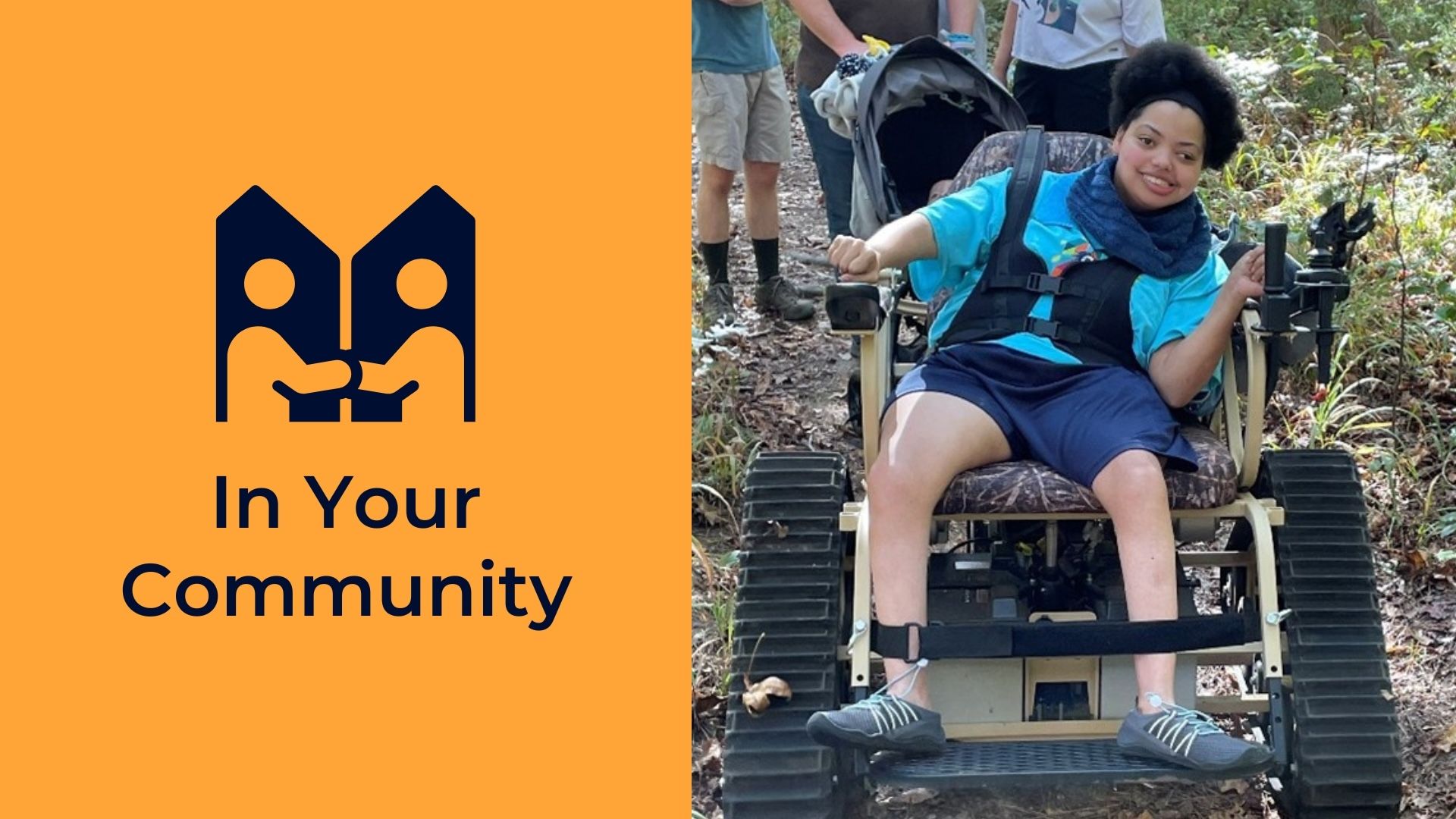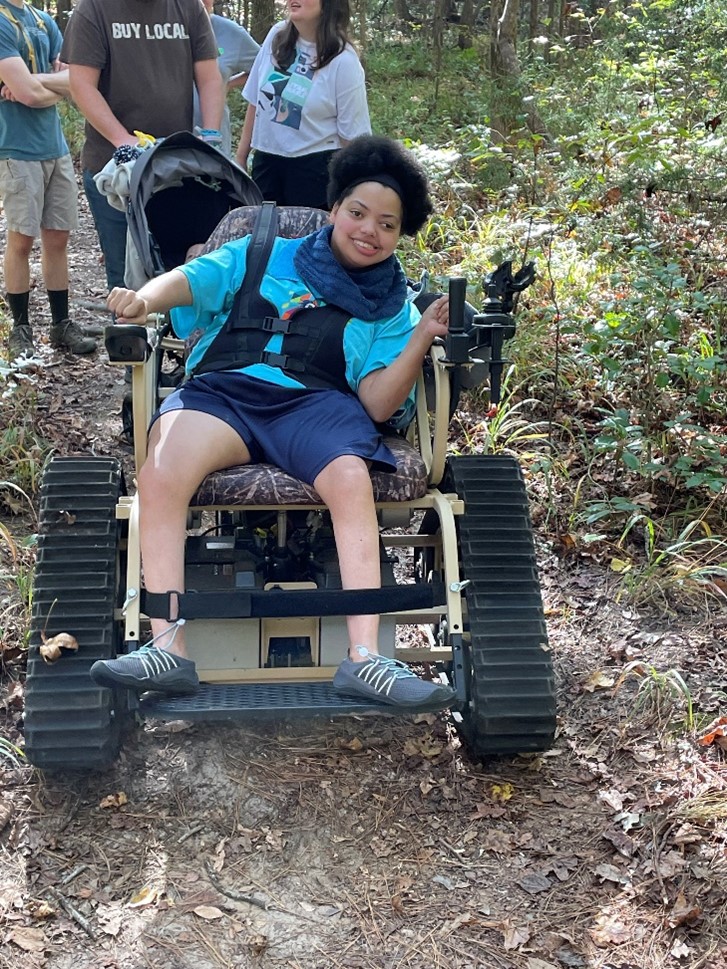GCDD’s Advocacy Days & Legislative Preview
- Podcast URL: https://open.spotify.com/episode/1IsnzJPyjEj1zSyJrZhT9x?si=89MDhtCgRTakR-QbjxuB_g
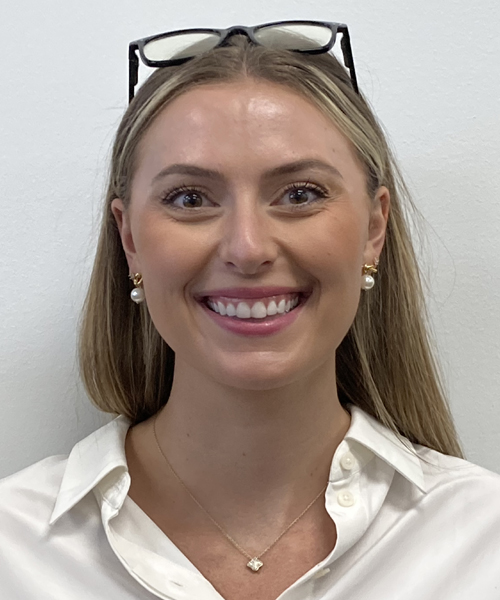 Charlotte Densmore, Public Policy DirectorAs the legislative session approaches, the Georgia Council on Developmental Disabilities (GCDD) is thrilled to announce the dates for our 2025 Advocacy Days. These annual events are key opportunities to amplify the voices of people with intellectual and developmental disabilities (I/DD) and their families at the Georgia State Capitol. Each Advocacy Day highlights critical policy issues and brings together self-advocates, families, and allies to advocate for meaningful change.
Charlotte Densmore, Public Policy DirectorAs the legislative session approaches, the Georgia Council on Developmental Disabilities (GCDD) is thrilled to announce the dates for our 2025 Advocacy Days. These annual events are key opportunities to amplify the voices of people with intellectual and developmental disabilities (I/DD) and their families at the Georgia State Capitol. Each Advocacy Day highlights critical policy issues and brings together self-advocates, families, and allies to advocate for meaningful change.
Below, we provide an overview of our planned Advocacy Days, including the issues we’ll be championing this session. While these dates are tentative, pending the legislature’s calendar coming out in January, our commitment to these causes is unwavering.
Advocacy Days
Employment Day – January 29, 2025
On Employment Day, GCDD will call for an end to the use of 14(c) certificates, which allow employers to pay workers with disabilities less than the federal minimum wage. These outdated certificates, created after WWI to support employment opportunities for returning veterans, perpetuate inequities and limit economic independence for people with disabilities.
This year, GCDD is advocating for Georgia to join the growing list of states that have phased out subminimum wage practices. Ending 14(c) is a step toward ensuring that all Georgians with disabilities have access to fair pay and meaningful employment opportunities in integrated settings. Together, we will push for policies that prioritize competitive, integrated employment for all.
Waivers Day – February 12, 2025
Waivers Day will shine a light on Georgia’s New Option Waiver Program (NOW)/Comprehensive Supports Waiver (COMP) Medicaid waiver waitlist, which currently leaves over 7,000 Georgians with I/DD without access to vital services. Medicaid waivers provide individuals with the supports they need to live independently in their communities, including personal care assistance, therapies, and job supports.
This session, we are advocating for funding to add 2,400 new waivers—an achievable step toward eliminating the backlog. This effort builds on the recommendations of the Senate study committee, which highlighted the urgent need to address the decades-long crisis. By attending Waivers Day, you’ll join a powerful coalition of advocates calling on lawmakers to prioritize these life-changing services.
I/DD Commission Day – February 26, 2025
On I/DD Commission Day, we will advocate for the creation of an I/DD Innovation Commission in Georgia. This proposed commission would bring together stakeholders from across state agencies, nonprofits, and the I/DD community to create a more coordinated and effective system of supports.
Modeled after Georgia’s Behavioral Health Innovation Commission, the I/DD Innovation Commission would identify gaps, promote best practices, and recommend policy solutions to improve outcomes for individuals with I/DD. This day is an opportunity to advocate for a more efficient, person-centered approach to disability services.
More details to come!
Watch for more details about the Advocacy Days page on our website.
Legislative Preview
A New Biennial: Fresh Opportunities for Change
The 2025 legislative session marks the start of a new biennial, a two-year legislative cycle in which bills introduced during the first year can carry over to the second. A new biennial brings a fresh slate and opportunities to revisit important issues that did not gain traction in previous sessions.
This year, we anticipate renewed conversations around key topics affecting the I/DD community, including workforce shortages in disability services, housing, transportation, and education. Additionally, we will continue advocating for bills that support inclusive practices in employment and healthcare.
What to Expect This Session
We expect robust discussions about Medicaid funding, given its critical role in supporting individuals with disabilities. Workforce shortages will likely be a focus, particularly in direct support roles, where staffing crises have reached critical levels, even after the implementation of the rate study. Furthermore, as the federal government continues to emphasize community integration for people with disabilities, we anticipate a push for state-level policies that align with these priorities.
GCDD will also closely monitor any legislation related to special education, as access to quality education remains a cornerstone for achieving equity and independence.
Excited to Be Back at the Capitol!
There’s nothing like the energy of the legislative session! The Georgia State Capitol becomes a hub of passionate advocates, policymakers, and community members working together to shape the future of our state. GCDD is eager to return to this dynamic environment, equipped with our advocacy priorities and the voices of those we represent.
We encourage everyone to join us for Advocacy Days, connect with your legislators, and share your personal stories. Your presence and voice are essential in driving the change we need.
Get Involved
We’re counting on your participation to make Advocacy Days successful. Registration is free and includes training on how to effectively advocate for our priorities. Whether you’re a seasoned advocate or attending for the first time, your voice matters. Together, we can build a Georgia where all people with disabilities have the opportunities and supports they need to thrive.
Let’s make this session count! Keep an eye on our website and social media channels for updates on Advocacy Days and other legislative news.
See you at the Capitol!

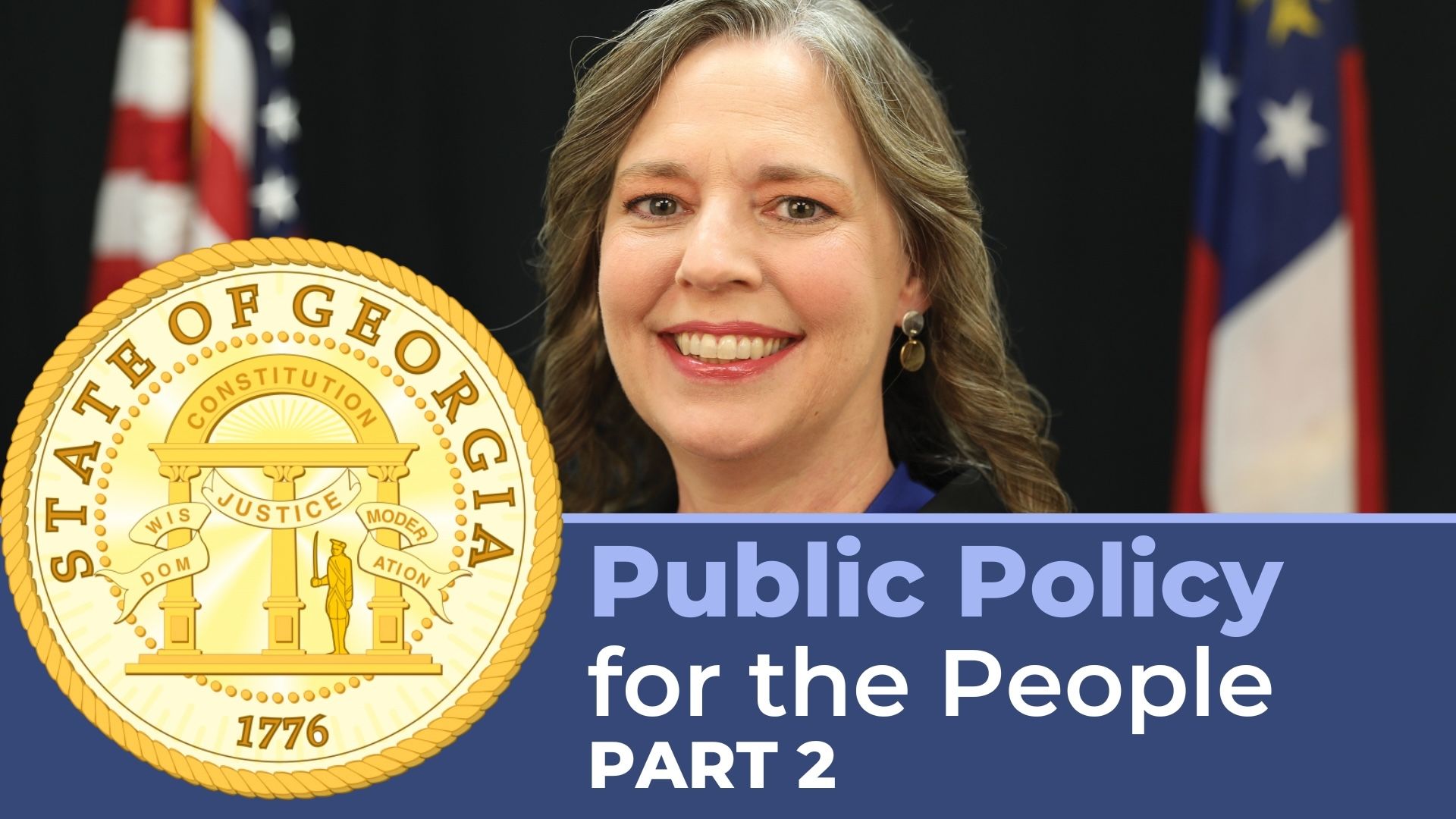
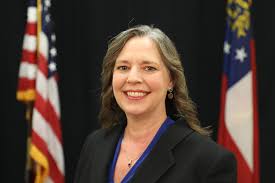
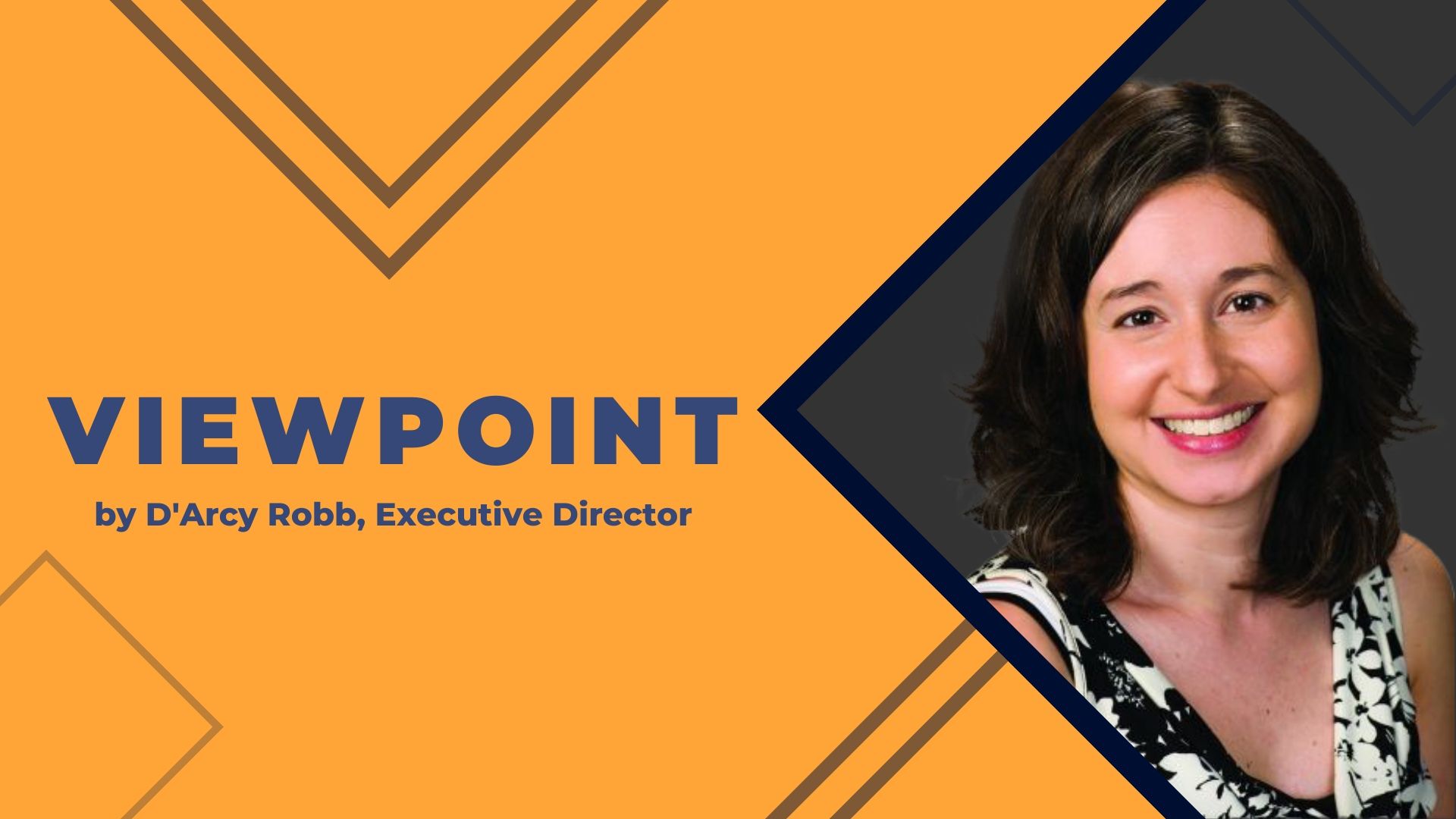
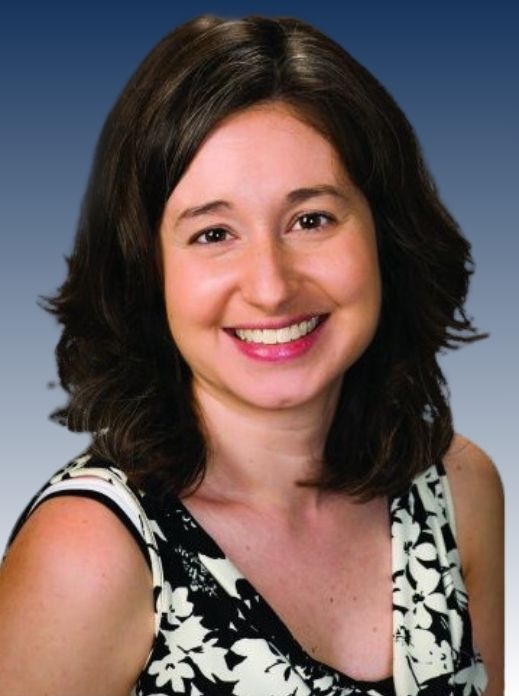
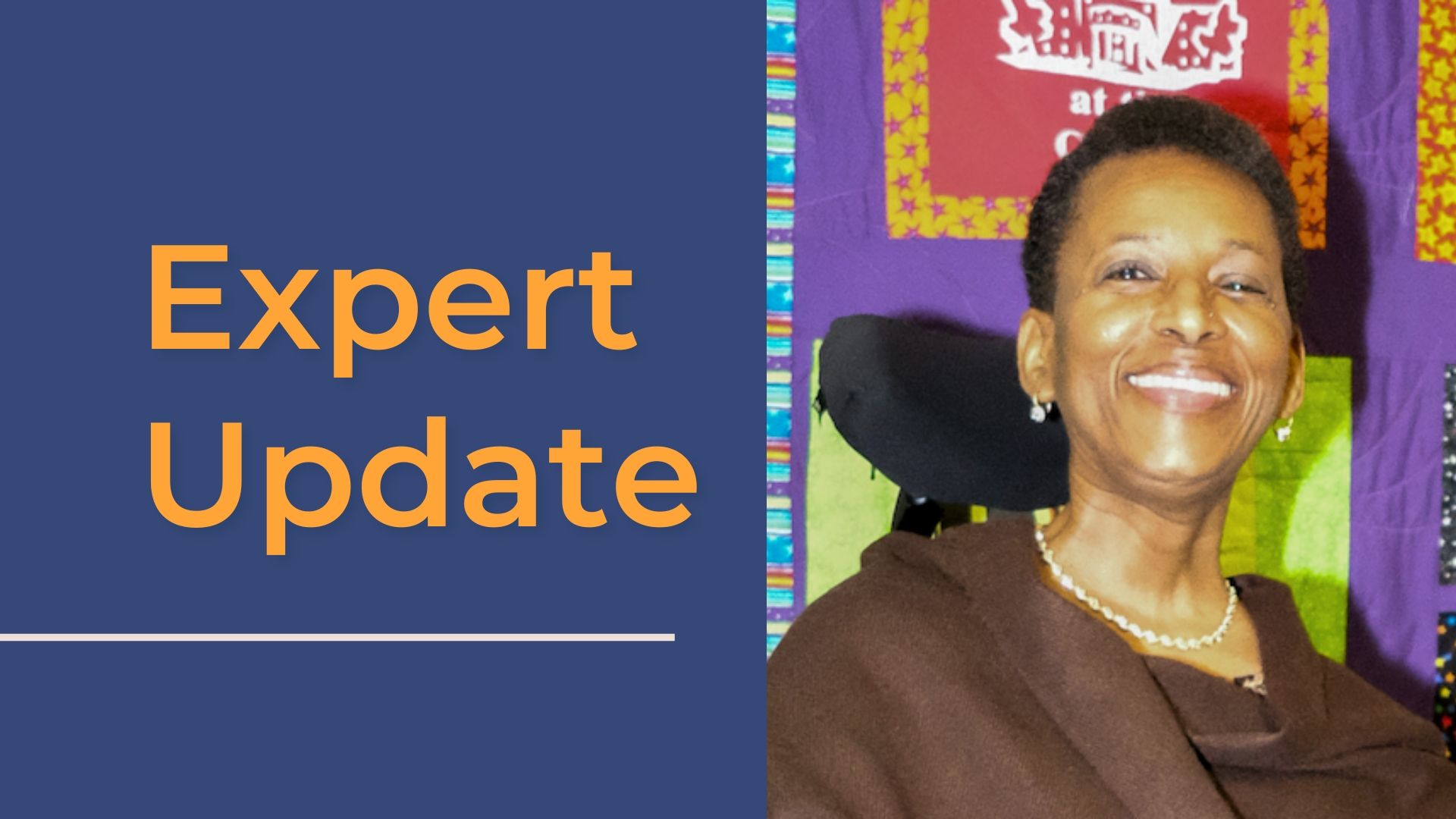
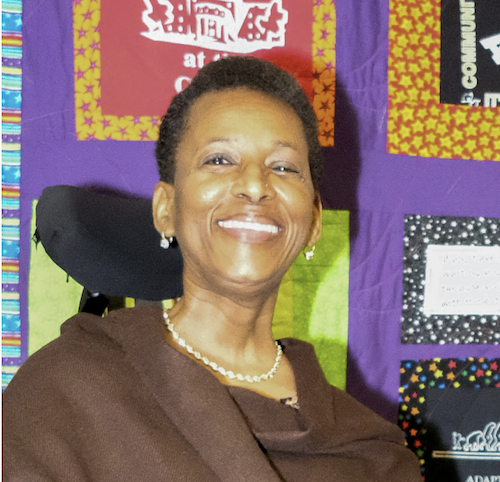
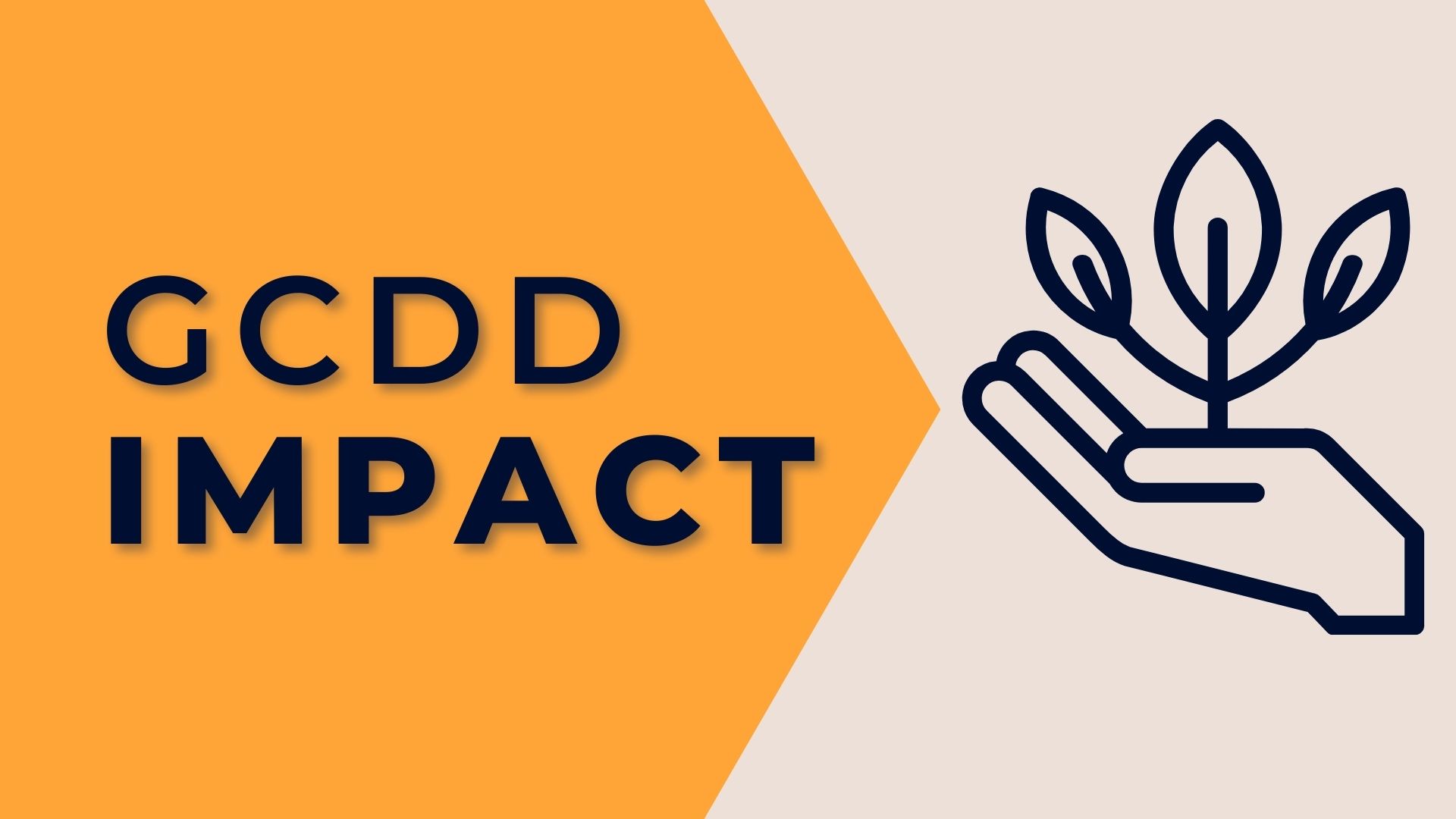
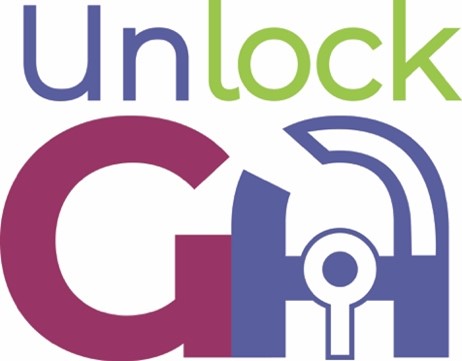 The
The 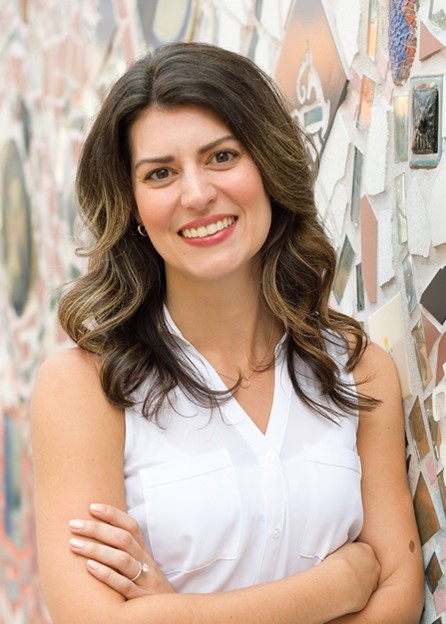
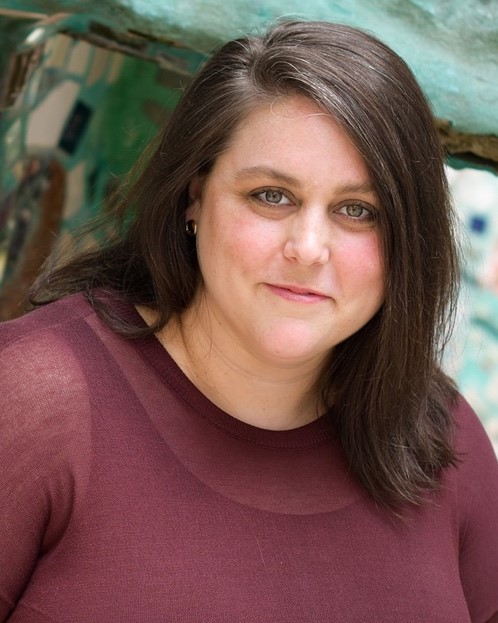
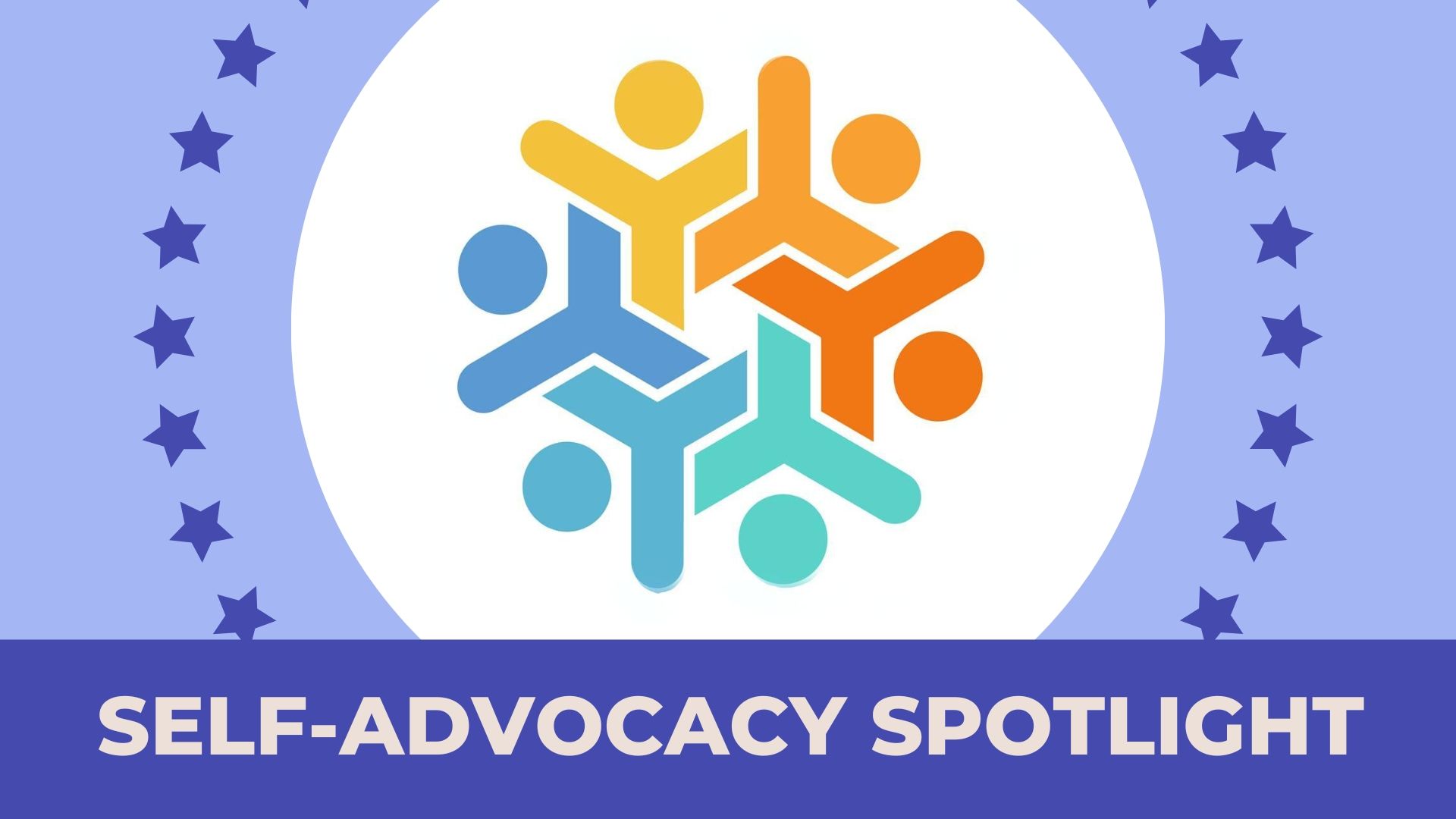
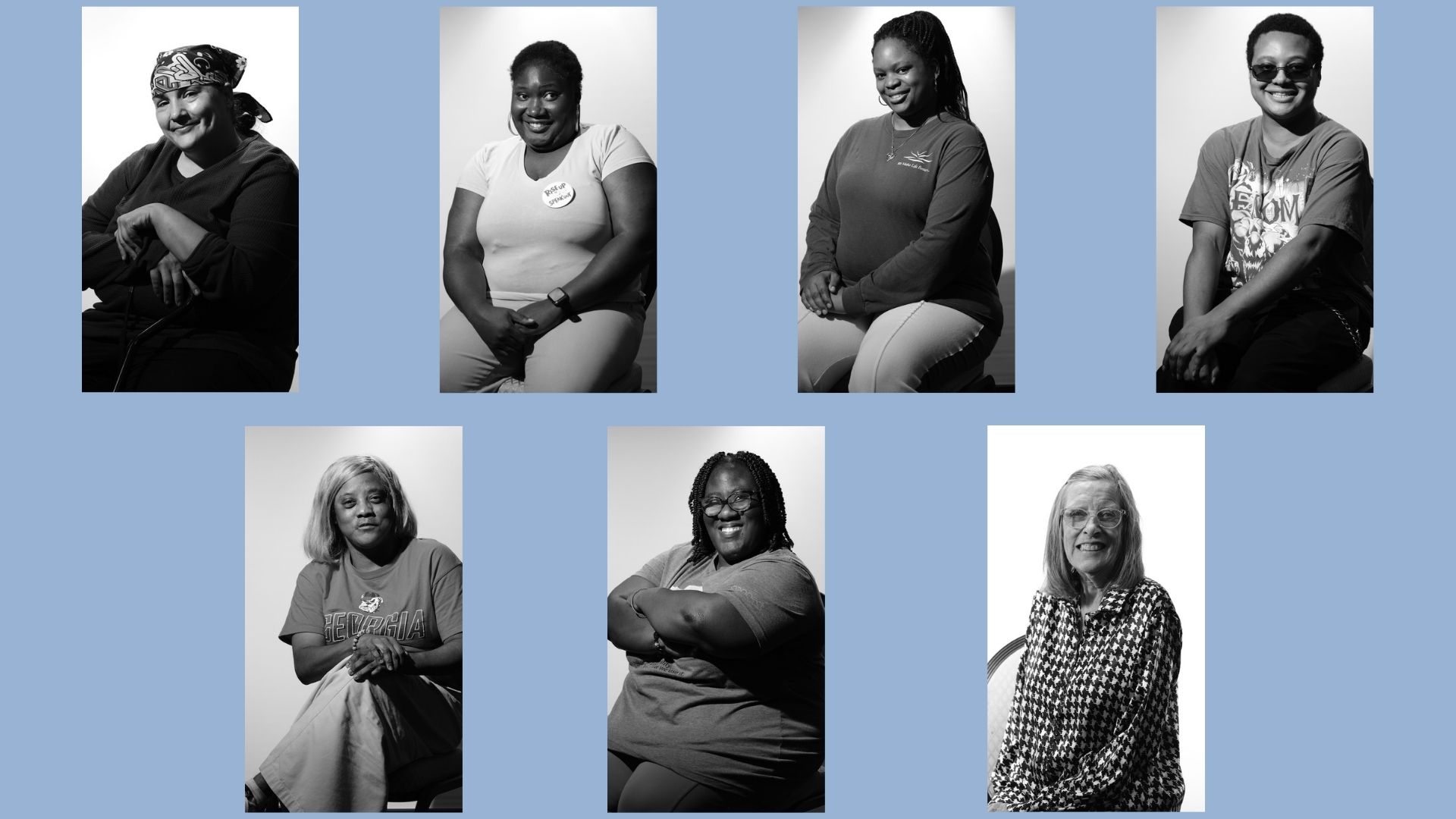
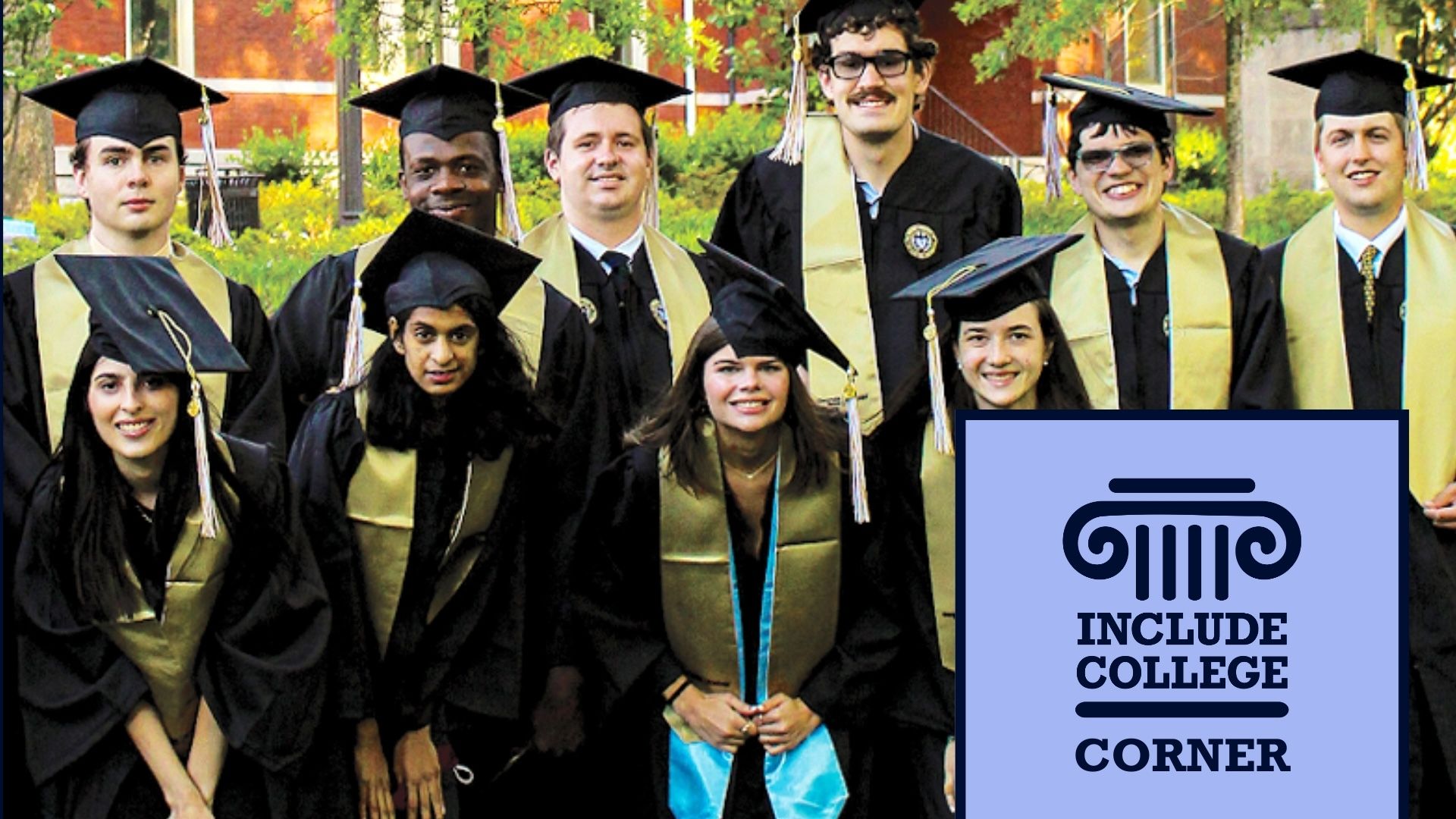
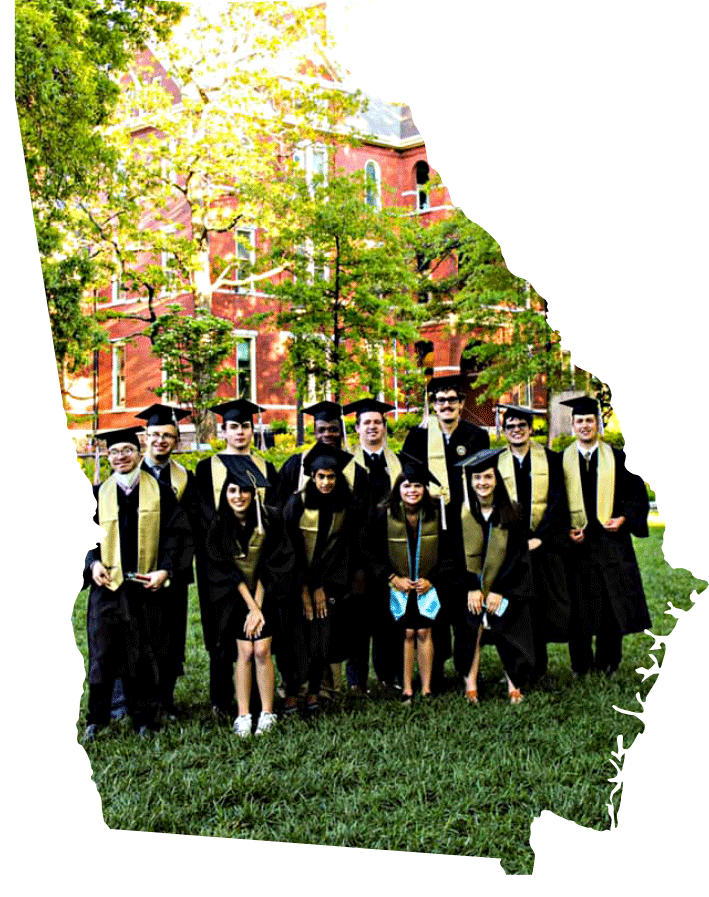 The concept of IPSE programs aligns with the broader goals of equity and inclusion in education. Traditionally, students with ID faced limited post-high school opportunities, often constrained to segregated programs with little focus on higher education. Recognizing this gap, Georgia established its first IPSE programs in the early 2000s, pioneering initiatives that ensure students with ID can thrive alongside their peers.
The concept of IPSE programs aligns with the broader goals of equity and inclusion in education. Traditionally, students with ID faced limited post-high school opportunities, often constrained to segregated programs with little focus on higher education. Recognizing this gap, Georgia established its first IPSE programs in the early 2000s, pioneering initiatives that ensure students with ID can thrive alongside their peers.